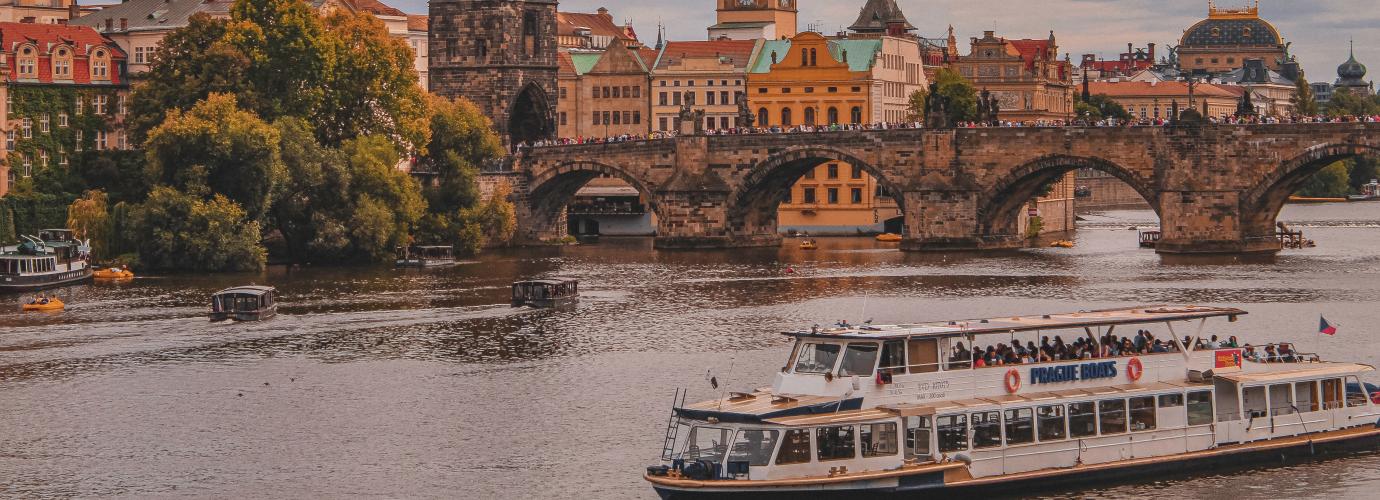Overview
Education is, to a decisive extent, financed from public budgets. However, financing of early childhood care, school education, higher and further education is completely different.
Early childhood care
The amendment to the Act on Providing Childcare in a Children´s Group effective from October 2021 introduced a new system of financing childcare in children's groups. Providers can now (from January 2022) apply for a contribution to the operation from the state budget, paid by the Ministry of Labour and Social Affairs. If the provider uses the allowance, the amount of payment by the parent is newly limited, but only for children under 3 years.
Early childhood and school education
Regional schooling includes schools from nursery schools (mateřské školy) to tertiary professional schools (vyšší odborné školy) as well as school facilities. The operation of all these schools is regulated by the Education Act.
Public schools and school facilities obtain funds from the state budget and from the budgets of territorial administrative units – regions and municipalities, they can also acquire some funds through their economic activities and participation in international programmes. Tuition is only paid in nursery schools and tertiary professional schools, and its amount is determined by a decree.
The method of financing public nursery schools, basic schools (základní školy) and upper secondary schools (střední školy), conservatories (konzervatoře) and after-school clubs (školní družiny) is governed by an amendment to the Education Act of 2020, which introduced a new system for distributing public funds to schools. The financial means are allocated to schools directly from the state budget using a normative approach, while the per capita amount per pupil (valid in the previous system) has been replaced by a per capita amount per pedagogical worker / one member of education staff. The current funding model guarantees the financing of the actual extent of teaching, i.e. according to the number of hours taught. The budget for schools is laid down directly by the Ministry of Education, Youth and Sports. When allocating the means, different size and structure of study fields in schools in regions, the financial cost of support measures, and the different salary levels of teachers in individual schools are taken into account.
In case of basic art schools (základní umělecké školy) and tertiary professional schools, the previous system of per capita amounts per pupil/student is retained. However, the per capita amounts (so called "normatives") are now set centrally by the Ministry of Education.
For more details on public school funding, see Financing of schools from the state budget.
As the 2020 reform concerns only public schools, private and denominational schools continue to be subject to the former formula of funding through per capita amounts per pupil/student. Private schools and school facilities are granted subsidies to finance non-investment expenditures related to education and training and current operating non-investment costs from the state budget through regional authorities on the basis of a contract for the respective school year. These schools usually collect tuition. Denominational schools and school facilities receive subsidies directly from the Ministry of Education based on the same normatives as private schools. For more information, see Private education.
Higher education
Funds provided from the state budget, granted predominantly on the basis of the per-capita amounts (annually more than 75 % of higher education institutions’ (vysoké školy) revenue), represent a major source of public higher education institutions finance. Other funds are gained mainly through student fees, property revenue, revenue from instructional and supplementary activities, donations and bequests or funds from other public sources. At present public higher education is provided free of charge for those who do not exceed the regular length of study by more than one year; otherwise students pay additional fee.
According to the Higher Education Act, private higher education institutions are obliged to secure funding for educational and creative activities. The main part of their revenue comes from the tuition fee.
Further education
Further education (adult education) is financed from the state budget if it is provided in schools and if it provides education at the respective level. In other instances, it is financed by relevant ministries, companies or the students themselves. Registered job-seekers are entitled to full reimbursement for re-training courses from offices of the Labour Office CR, other individuals interested should pay these courses by themselves. In the case where a company organises courses for its employees, the employer is obliged to bear the costs.

